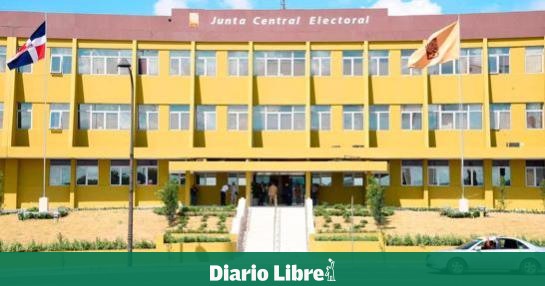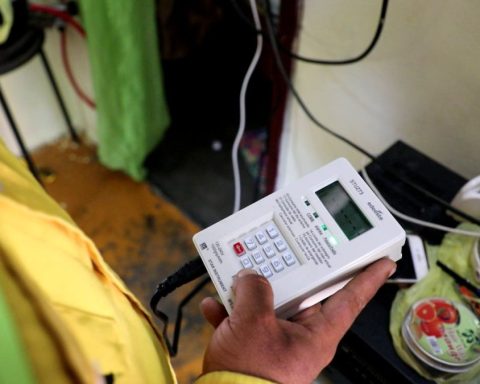The full of Central Electoral Board (JCE) reiterated this Monday to the Chamber of Deputies his disagreement with the creation of a Election Code and supports that legislators make a reform to the laws that govern the matter, 15-19 (Organic Electoral Regime) and 33-18 (Parties, Groups and Political Movements).
In a letter, on behalf of the body’s plenary session, Román Jáquez Liranzo, he sent the position of the JCE to the president of the Permanent Commission of Central Electoral Board of the Chamber of DeputiesElías Wessin Chávez, where he exemplifies the difficulties that the Penal Code has had for its approval, thus justifying his refusal to create a Election Code.
“Therefore, the electoral reform to laws 33-18 and 15-19, separately as proposed by the Central Electoral Boardis necessary and convenient, in any case, we bet that the antinomies, ambiguities and vagueness suffered by both legislative bodies are corrected, hence legislators and legislators provide Dominican citizens with an electoral system that generates legal certainty and that guarantees the holding of elections with gender parity, fair, free and transparent, contributing to stability in democratic governance”, says the document signed by Jáquez Liranzo, on behalf of the members of the JCE.
In the letter, the president of the JCE reiterated that “in short, the Plenary of the Central Electoral Board does not oppose the approach to the substance of the electoral reform and the modification of the substantive and procedural aspects contained in the two aforementioned laws, however, this body considers that the most convenient and appropriate legislative technique for the reform is the modification of both laws, separately and not commit ourselves to a codification process like the one proposed”.
The Central Electoral Board insisted that his institutional position “Around the electoral reform that the legislation that currently governs the Dominican electoral system merits is that it be carried out based on the modification and updating of laws 15-19 and 33-18, both independently.”
“All this, in coherence with the development of the work of the table on electoral reform, convened by the Economic and Social Council (CES), in which the Central Electoral Board participates as co-coordinator and where, in addition, several meetings have been held during this year 2022”, added the agency.
The document points out that electoral systems are constantly evolving and deserve continuous updates and permanent reforms, which is why one of the elements that facilitates eventual updates is the nature or type of rule that must be reformed, being the codes, instruments that, due to their nature, volume and interdependence of their provisions, hinder a permanent approach to the reforms that are necessary, as recent processes in the country have reflected, specifically the Criminal Code and Civil Code Projects that They are currently in the National Congress.

















